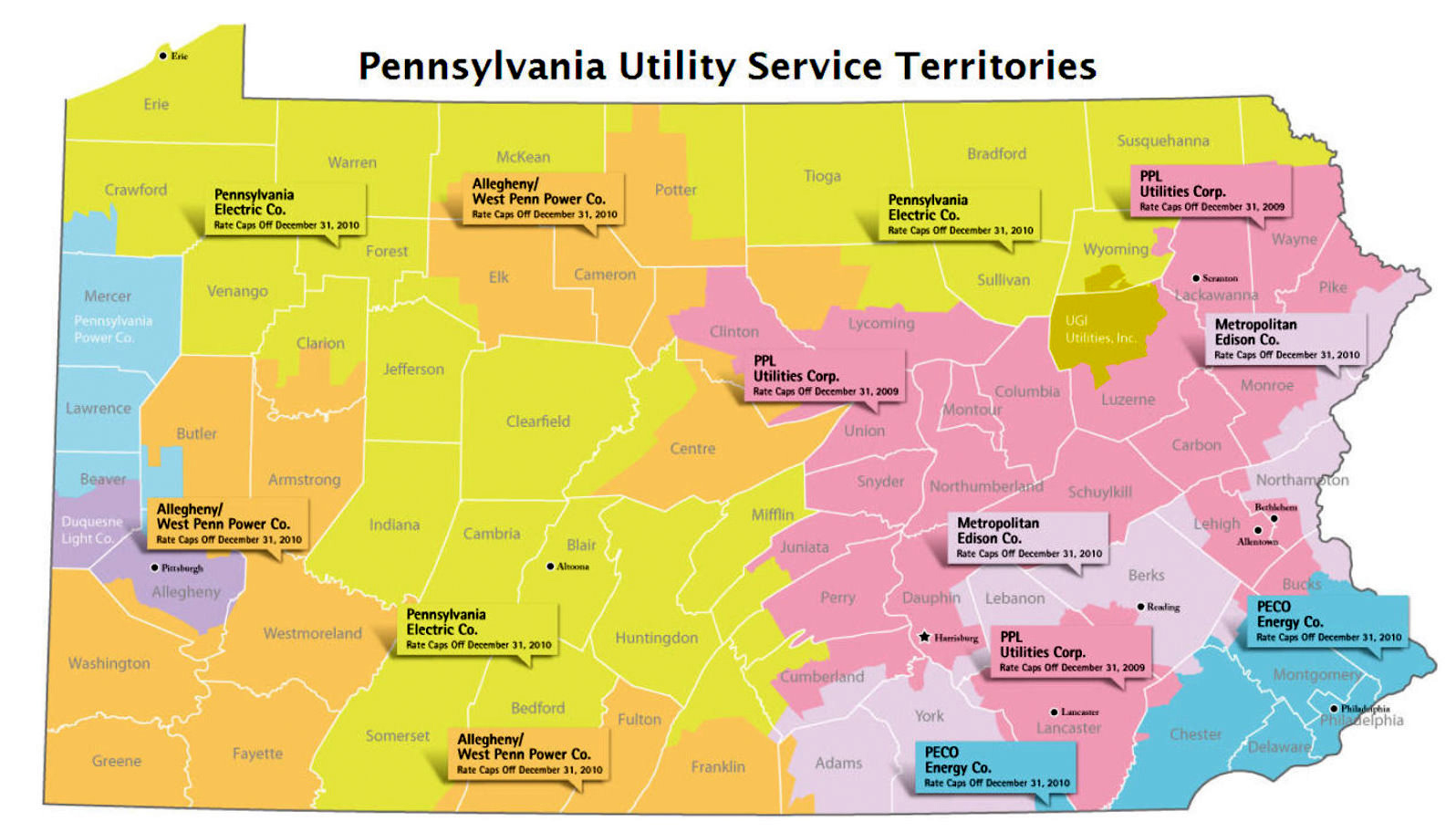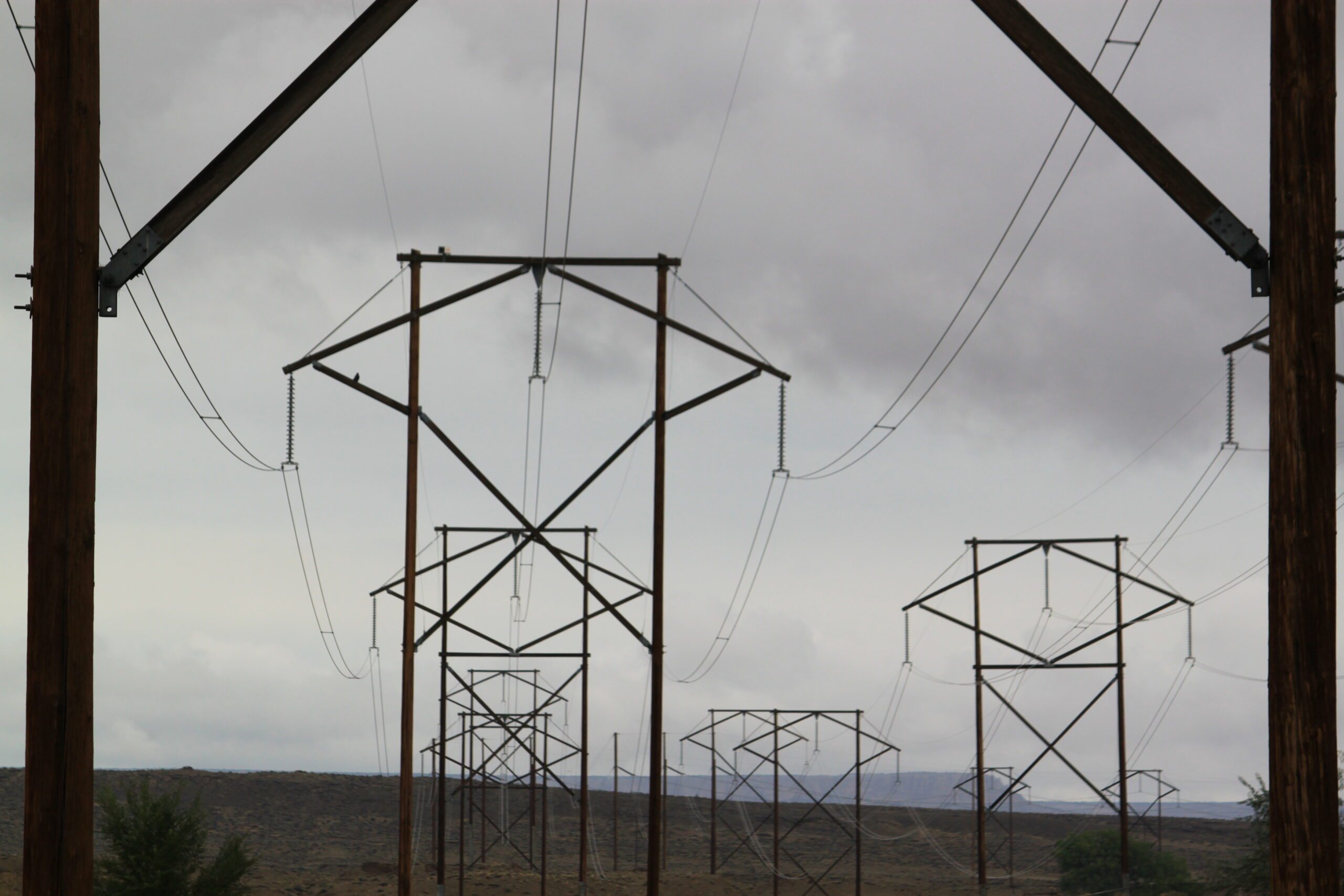Off grid living in PA: Imagine a life unbound by utility bills, a sanctuary nestled within Pennsylvania’s breathtaking landscapes. This isn’t a mere fantasy; it’s a growing movement, fueled by a desire for self-sufficiency and a deeper connection with nature. This guide delves into the practical realities of achieving this dream, navigating the legal complexities, mastering sustainable living techniques, and building a thriving off-grid existence in the Keystone State.
From harnessing renewable energy to establishing resilient food systems, we’ll equip you with the knowledge and inspiration to embark on your own off-grid adventure.
We’ll explore the intricacies of Pennsylvania’s regulations, guiding you through the permit process and ensuring compliance. We’ll unravel the secrets of water management, energy production, and waste disposal, offering practical solutions tailored to Pennsylvania’s unique climate and geography. Discover how to build an energy-efficient home, cultivate your own food, and create a sustainable lifestyle that harmonizes with the environment.
Legal and Regulatory Aspects of Off-Grid Living in PA
Embarking on an off-grid lifestyle in Pennsylvania requires careful navigation of the state’s diverse legal landscape. Understanding and complying with relevant regulations is crucial to avoid potential fines, legal challenges, and the disruption of your self-sufficient haven. This section details the key legal and regulatory aspects you must consider before establishing your off-grid homestead.
Obtain direct knowledge about the efficiency of north carolina off grid living through case studies.
Building Codes and Permits
Pennsylvania’s building codes, enforced at the municipal level, vary considerably across counties and townships. While there isn’t a single, statewide “off-grid” building code, your structures must still meet minimum safety standards for things like electrical wiring, plumbing, and structural integrity. Before beginning any construction, you must obtain the necessary building permits from your local municipality. This process often involves submitting detailed plans, undergoing inspections, and demonstrating compliance with local ordinances.
Failure to obtain permits can result in significant penalties and even demolition orders. The specific requirements will depend on the type and size of your structures, their intended use, and your location’s zoning regulations.
Land Use Permits and Zoning Regulations
Land use permits are essential for activities such as well drilling, septic system installation, and the construction of outbuildings. These permits ensure your project aligns with local land use plans and environmental protection regulations. Zoning regulations differ significantly between rural and suburban areas. Rural areas often have more lenient zoning rules regarding lot sizes, building setbacks, and permitted uses, making off-grid living more feasible.
Suburban areas, however, tend to have stricter regulations, potentially limiting the viability of certain off-grid practices. For example, a suburban area might prohibit the keeping of livestock or the construction of certain types of structures. Thorough research into your chosen location’s zoning ordinance is vital.
Water Rights
Accessing water for your off-grid property requires navigating Pennsylvania’s water rights laws. These laws regulate the use of groundwater and surface water, including springs, streams, and wells. Obtaining permits for well drilling and water usage is often necessary, particularly if you plan to use a significant amount of water. The specific regulations concerning water rights vary depending on the location and water source.
Consult with your local municipality and the Pennsylvania Department of Environmental Protection (DEP) to understand the applicable rules and obtain any necessary permits. Illegal water usage can lead to substantial fines and legal action.
Summary of Key Legal Requirements
| Requirement | Description | Responsible Authority | Potential Consequences of Non-Compliance |
|---|---|---|---|
| Building Permits | Permits for all structures, ensuring compliance with building codes. | Local municipality | Fines, stop-work orders, demolition. |
| Land Use Permits | Permits for activities like well drilling, septic system installation. | Local municipality, DEP | Fines, legal action, project halt. |
| Zoning Compliance | Adherence to local zoning regulations regarding lot size, building setbacks, permitted uses. | Local municipality | Fines, legal challenges, project denial. |
| Water Rights Permits | Permits for well drilling and water usage, depending on the water source. | Local municipality, DEP | Fines, legal action, water access restrictions. |
Waste Management and Sanitation in Off-Grid PA
Embracing off-grid living in Pennsylvania necessitates a thoughtful approach to waste management and sanitation. Successfully navigating this aspect requires understanding the unique challenges and opportunities presented by the state’s climate and regulations, while prioritizing environmental sustainability and personal well-being. Effective waste management is not merely a matter of convenience; it’s crucial for protecting Pennsylvania’s natural resources and ensuring the long-term viability of your off-grid lifestyle.
Composting Toilets: A Sustainable Solution
Composting toilets offer a practical and environmentally sound alternative to traditional flush systems in off-grid settings. These systems utilize natural decomposition processes to break down human waste, producing a nutrient-rich compost suitable for enriching garden soil. Several types of composting toilets are available, ranging from simple, self-contained units to more complex systems requiring regular maintenance. Choosing the right system depends on factors such as household size, soil conditions, and personal preferences.
Properly managed composting toilets minimize odor and effectively prevent the contamination of groundwater. The resulting compost, after a sufficient curing period, provides a valuable resource for enhancing soil fertility, reducing the need for chemical fertilizers. For example, a well-maintained humanure composting system, properly sited and managed, can significantly reduce the environmental impact of waste disposal compared to a septic system.
Greywater Recycling Systems: Conserving Water Resources
Greywater, the relatively clean wastewater from showers, sinks, and laundry, represents a valuable resource that can be recycled to reduce water consumption and conserve Pennsylvania’s precious water resources. Greywater recycling systems typically involve filtering and treating greywater before reusing it for irrigation or toilet flushing. Proper filtration is essential to remove contaminants and prevent the spread of pathogens.
Effective greywater systems require careful design and maintenance to avoid clogging pipes or contaminating soil. For instance, a simple system might involve filtering greywater through gravel beds before using it to irrigate drought-tolerant plants. More sophisticated systems incorporate biofilters or constructed wetlands to further purify the water. The implementation of such systems can lead to significant water savings, especially during dry periods, and lessen the strain on local water supplies.
Trash Management Strategies for Off-Grid Living
Managing trash effectively is a critical aspect of off-grid living. Minimizing waste through composting, recycling, and reducing consumption is paramount. The reduction of waste at the source is the most environmentally friendly method. Practical strategies include embracing reusable containers, avoiding single-use plastics, and carefully sorting recyclables. Regularly transporting non-compostable and non-recyclable trash to a designated drop-off location or a local waste management facility is crucial to prevent accumulation and potential environmental hazards.
Implementing a comprehensive recycling program, along with diligent composting, will substantially reduce the amount of trash needing disposal. This approach ensures responsible waste management while respecting Pennsylvania’s environmental regulations.
Checklist for Selecting and Implementing a Sanitation System
Before implementing any sanitation system, a thorough assessment of your off-grid property is essential. This includes evaluating soil conditions, water availability, household size, and local regulations. Consider the following checklist:
- Site Assessment: Evaluate soil type, drainage, proximity to water sources, and potential for groundwater contamination.
- System Selection: Research and compare different composting toilet and greywater recycling systems based on your needs and resources.
- Permitting and Regulations: Check with local authorities about permitting requirements for your chosen sanitation system.
- Installation and Maintenance: Ensure proper installation to prevent malfunctions and follow manufacturer’s instructions for regular maintenance.
- Environmental Impact Assessment: Consider the potential environmental impact of your chosen system on soil, water, and air quality.
- Backup Plan: Develop a contingency plan in case of system failure or unforeseen circumstances.
Building and Construction for Off-Grid Homes in PA: Off Grid Living In Pa

Building an energy-efficient and sustainable off-grid home in Pennsylvania requires careful consideration of the state’s diverse climate and terrain. From the Appalachian Mountains to the flatter landscapes of the west, Pennsylvania experiences significant variations in temperature and snowfall, demanding robust and adaptable building designs. The selection of materials and construction techniques directly impacts the long-term success and comfort of your off-grid dwelling.
Design Considerations for Energy-Efficient and Sustainable Off-Grid Homes in Pennsylvania
Pennsylvania’s climate necessitates a design prioritizing energy efficiency. Passive solar design, utilizing the sun’s warmth in winter and shading in summer, is crucial. South-facing windows maximize solar gain, while strategically placed overhangs and deciduous trees provide summer shade. Proper insulation is paramount, mitigating heat loss in winter and heat gain in summer. A well-insulated building envelope, including walls, roof, and foundation, significantly reduces energy consumption for heating and cooling.
The orientation of the home on the lot should also consider prevailing winds to minimize heat loss or gain through natural ventilation. For example, a design that utilizes earth sheltering techniques could leverage the earth’s thermal mass to moderate indoor temperatures, minimizing the need for mechanical systems.
Building Materials Suitable for Off-Grid Construction in Pennsylvania
Material selection for off-grid construction in Pennsylvania emphasizes durability, sustainability, and local sourcing whenever possible. Locally sourced timber, such as sustainably harvested hemlock or pine, provides a renewable and strong framing material. For exterior cladding, locally sourced stone or reclaimed wood offers excellent durability and aesthetic appeal. Straw bale construction, using locally grown straw, provides excellent insulation and is a sustainable option.
Rammed earth, utilizing readily available soil, is another environmentally friendly and cost-effective choice for wall construction, offering excellent thermal mass. For roofing, metal roofing offers superior durability and longevity in Pennsylvania’s variable weather conditions. Reclaimed materials, such as salvaged lumber or brick, can reduce environmental impact and add character to the home.
Comparison of Off-Grid Home Designs Suitable for Pennsylvania’s Diverse Terrain and Weather Conditions, Off grid living in pa
Several off-grid home designs are well-suited to Pennsylvania’s varied terrain and weather. A traditional A-frame cabin, with its simple construction and excellent snow shedding capabilities, is suitable for mountainous regions. A more contemporary design incorporating earth-sheltering techniques can be effective in flatter areas, utilizing the earth’s thermal mass for temperature regulation. For sloped terrain, a split-level design can maximize usable space while minimizing site disruption.
Prefabricated modular homes offer faster construction times and potentially lower costs, while still allowing for customization to suit specific needs and climate conditions. Each design must be adapted to the specific site conditions and the homeowner’s needs.
Design of a Small, Sustainable Off-Grid Cabin
This example details a small, sustainable off-grid cabin designed for a relatively flat site in central Pennsylvania. The cabin utilizes a simple rectangular design with a gable roof for efficient snow shedding. The frame is constructed from locally sourced, sustainably harvested pine lumber. Walls are built using a combination of straw bales for insulation and reclaimed wood for cladding.
The foundation utilizes a concrete slab with perimeter insulation to minimize heat loss. The roof is covered with metal roofing for durability. Double-paned windows with low-E coatings minimize heat loss in winter and heat gain in summer. A wood-burning stove provides supplemental heating, and solar panels provide electricity. Graywater recycling system reduces water consumption.
The overall design prioritizes passive solar gain, natural ventilation, and the use of locally sourced, sustainable materials to minimize environmental impact and maximize energy efficiency. The cabin’s compact design minimizes material usage and construction time, while maximizing energy efficiency and comfort.
Embarking on off-grid living in Pennsylvania is a journey of self-discovery, resourcefulness, and resilience. It demands careful planning, a commitment to sustainability, and a willingness to embrace the challenges inherent in living outside the conventional grid. But the rewards—a life of independence, connection with nature, and a reduced environmental footprint—are immeasurable. This guide serves as your compass, providing the knowledge and tools to navigate this exciting path, empowering you to create a truly unique and fulfilling life in the heart of Pennsylvania’s natural beauty.
The journey may be challenging, but the destination—a self-sufficient, sustainable life—is worth every step.
Query Resolution
What are the common misconceptions about off-grid living in PA?
Many believe it’s completely isolating or requires immense wealth. While some solitude is inherent, community building is possible. Furthermore, initial costs can be high, but long-term savings on utilities often offset this.
How do I find suitable land for off-grid living in PA?
Research rural areas with access to water sources and suitable terrain. Real estate agents specializing in rural properties can be invaluable. Consider factors like soil quality, proximity to services (if needed), and zoning regulations.
What about internet access in off-grid PA?
Satellite internet is a common solution, though it can be expensive. Other options include cellular hotspots or exploring community internet initiatives in your chosen area.
Is off-grid living legal everywhere in PA?
No, zoning laws and building codes vary significantly across counties. Thorough research and obtaining the necessary permits are crucial before beginning any construction or development.



